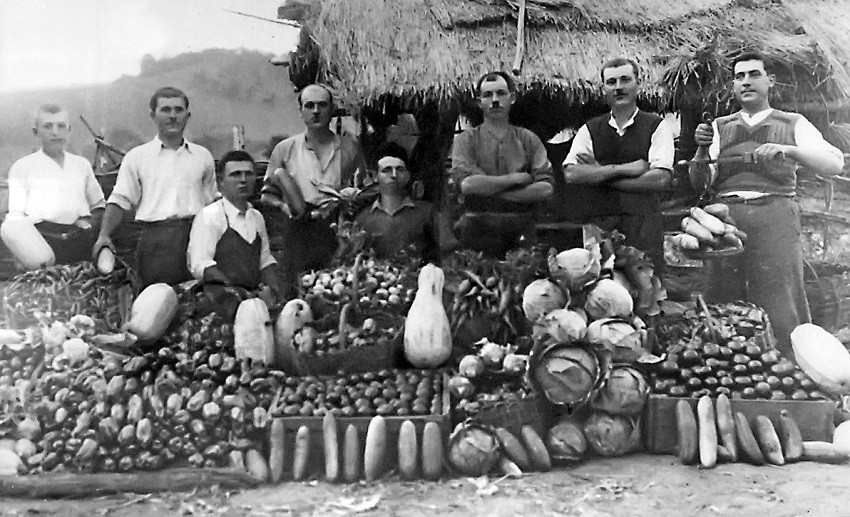
Conservationists from Bulgaria Bird Walks are organising a birdwatching walk in Varna today to observe water fowl and forest birds. Two walks are planned in the Sea Garden at 9.00 and 13.00. There will be similar outings every month in the city, said..
The greater flamingo was considered an exotic species for Bulgaria, but for several years, entire colonies have chosen the lakes around Burgas as their residence. Currently, more than 450 flamingos inhabit the Burgas wetlands ...
Ruse now has the longest wooden pedestrian bridge in Bulgaria. The facility was opened at the end of 2024 in the Lipnik Forest Park. The bridge with a total length of 28 m is equipped with a glass railing and 7 glass windows, which..
Babinden, or Midwives' Day, was once again this year celebrated across the country with songs, dances and ritual re-enactments. The day of midwifery was..
Dear friends, we are happy to announce that the Bulgarian National Radio’s QSL cards for 2025 are now available. The two series – one with 6 postcards..
Bulgaria ranks last among EU Member States in terms of life satisfaction. This is according to Eurostat data for 2023 published today . With an average..

+359 2 9336 661
